At COP16 in Cali, Colombia's universities reaffirmed their role as agents of change by signing a major commitment to protect biodiversity. During the panel 'Universities as Drivers of Change: Advancing the Global Biodiversity Action Framework', the panel discussed the responsibility of academic institutions in educating citizens prepared to face the environmental crisis.
Conforme a los criterios de

(Lea esta historia en español, aquí)
Raquel Bernal, Rector of the Universidad de los Andes, stressed the importance of academia in this process: "Universities have been very slow. We are a very traditional institution, we have been doing the same things for centuries, and it is time to speed up. We need to educate citizens who live in harmony with nature and create a more interdisciplinary approach that links the university to the problems of the country and the world.
The event was attended by rectors from various universities in the country, including John Jairo Arboleda from the University of Antioquia, who highlighted the transformative role of public higher education: 'At the University of Antioquia, we firmly believe in the ability of education to change realities. Our goal is to ensure inclusive access and to generate solutions to the environmental problems facing our society.
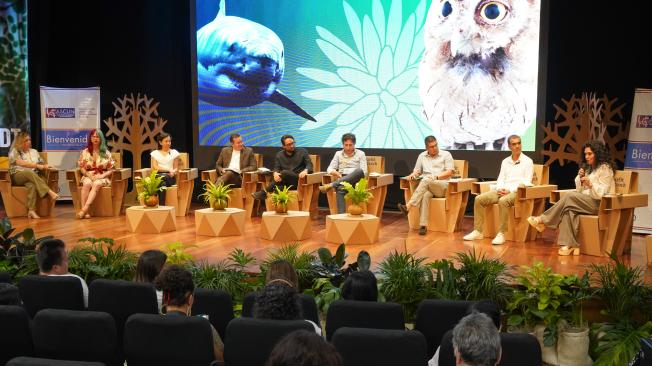
Panel 'Universidades como motores de Cambio'
Foto:Universidad de los Andes
One of the highlights was the presentation of the Manifesto of the Agreement of Science Faculties, a document signed by more than 50 science faculties in Colombia under the umbrella of the Colombian Association of Science Faculties (ACOFACIEN). The manifesto, presented by Daniel Cadena, Dean of the Faculty of Science at the Universidad de los Andes, expresses the commitment to update academic curricula and promote interdisciplinary programmes in order to achieve the 23 goals of the Convention on Biological Diversity (CBD) by 2030.
This agreement is not just a piece of paper. It represents a change in the way we train our students, integrate the knowledge of local communities and adapt our research to the real needs of the country,' said Cadena in his speech.
A united front for biodiversity
Deputy Minister of Higher Education Ricardo Moreno highlighted the progress made in updating public policy on environmental education, but called for effective action: "If we continue to produce documents without resources, they will remain documents. We need to turn education into a powerful political arena to achieve effective advocacy," Moreno warned.
In the same vein, Hernando García, Director of the Humboldt Institute, congratulated Minister Susana Muhamad for organising an event of the magnitude of COP16 in eight months, and announced that the Institute had been selected as one of the Regional Knowledge Centres in Latin America. According to García, these centres will be key access points for scientific research and knowledge management on biodiversity.
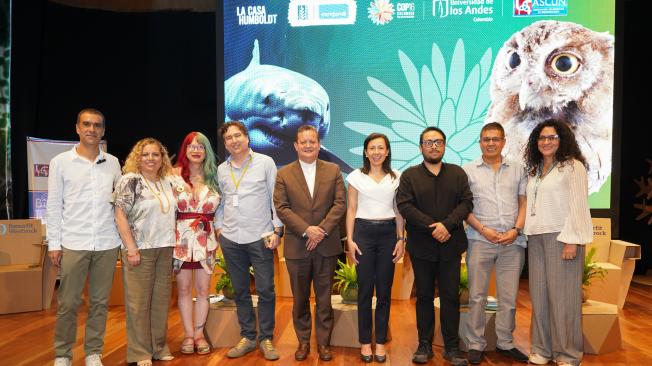
Panel 'Universidades como motores de Cambio':
Foto:Arturo Lopez Tunubala / Universidad de los Andes
Brigitte Baptiste, Rector of EAN University, spoke of the need to avoid a "post-COP16 depression" and called for action by all stakeholders to maintain the momentum created during the event.
The panel concluded with a joint faculty statement and a call to continue working with government, the private sector and communities to advance biodiversity conservation and restoration in Colombia and the region.
While the panel was taking place, several educational institutions in the Valle del Cauca region were working to protect biodiversity. Among them, the Universidad del Valle, Universidad Icesi and Pontificia Universidad Javeriana hosted a series of events focusing on the intersection of health, biodiversity and quality of life.
Javeriana University hosted a session on the role of tourism in biodiversity conservation, exploring successful experiences and governance strategies for sustainable development. Icesi University also stood out with a panel aimed at promoting ideas on sustainable food and climate adaptation.
For its part, the Universidad del Valle implemented an interactive circuit that integrated conservation and ancestral knowledge, allowing participants to engage in different activities throughout COP16.
Other activities, such as talks on preventing wildlife trafficking and the impact of biodiversity on health, took place on different campuses, highlighting the crucial role of educational institutions in building a more sustainable future.
DEYNER CAICEDO CAMACHO
Special Envoy EL TIEMPO to COP16
Editor's note: This text is an artificially intelligent English translation of the original Spanish version, which can be found here. Any comment, please write to berdav@eltiempo.com

.png) hace 3 meses
18
hace 3 meses
18





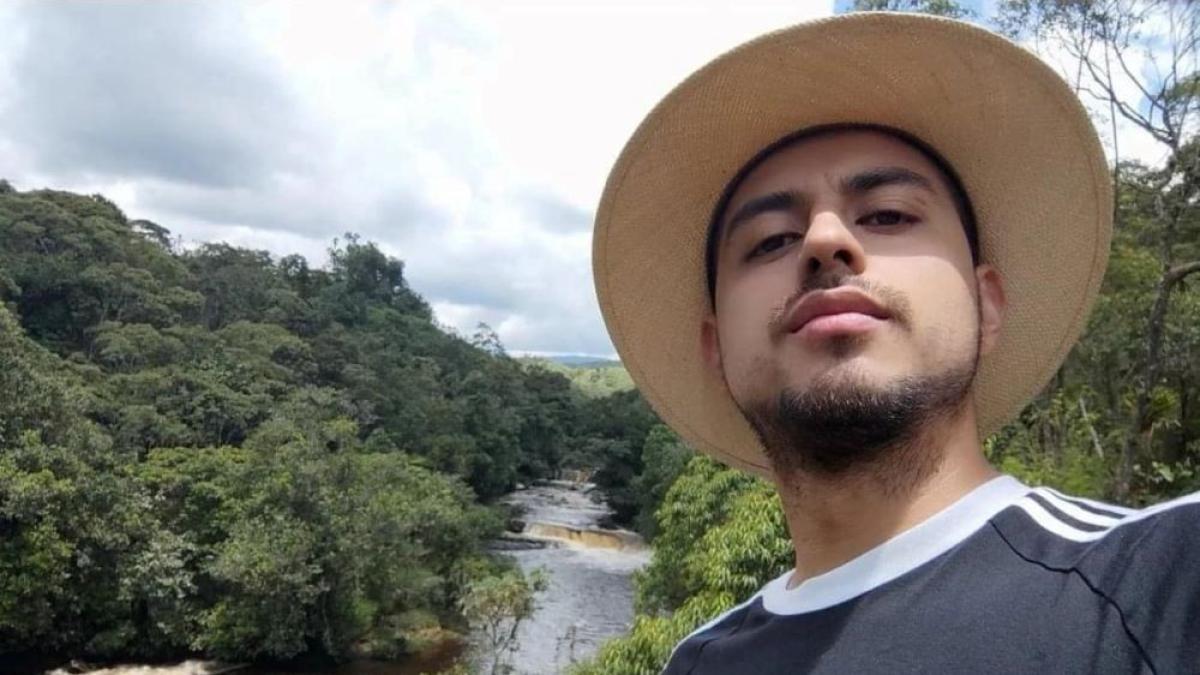
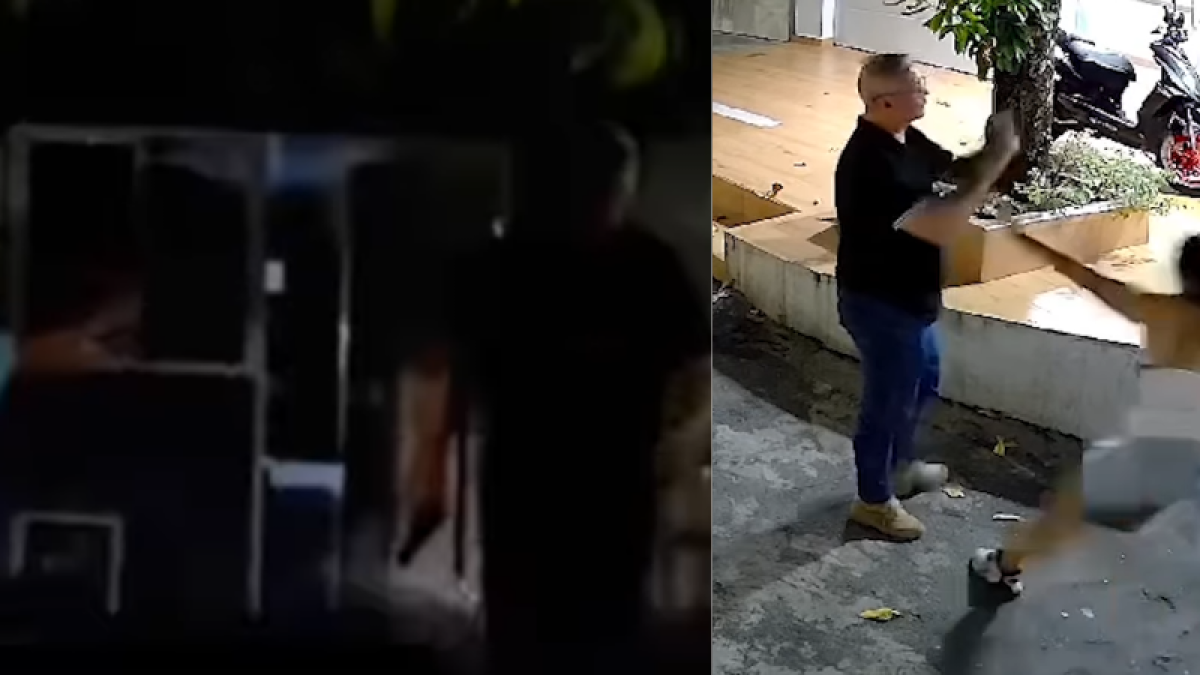
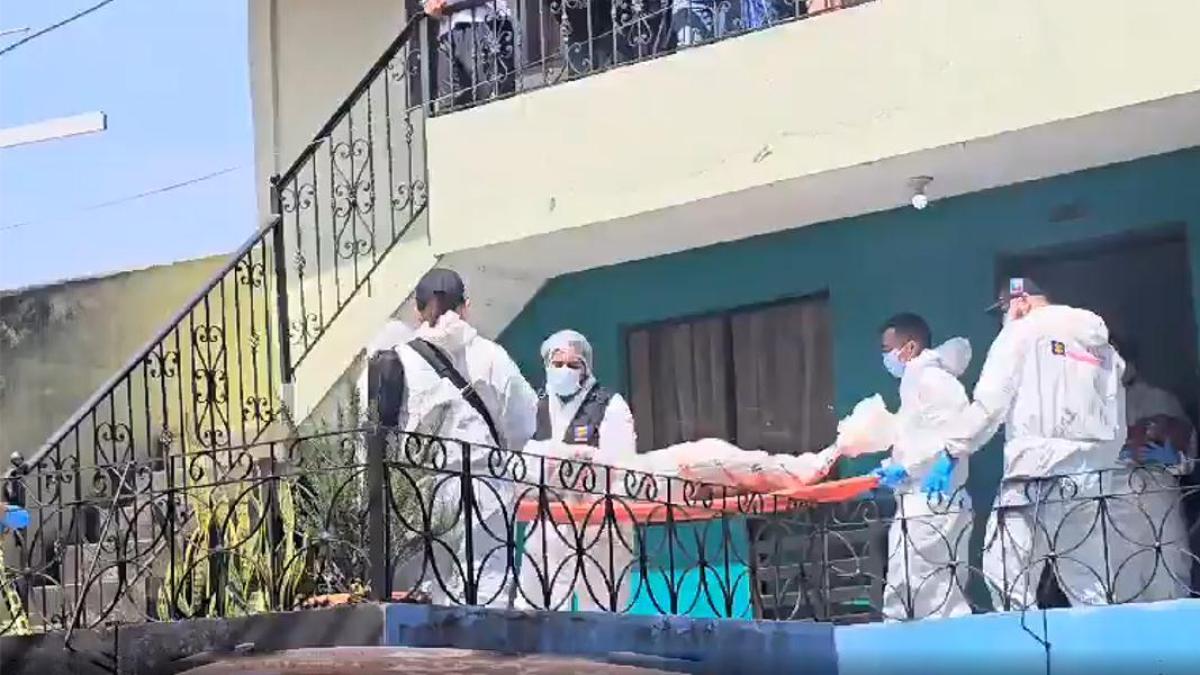
 English (US) ·
English (US) ·  Spanish (CO) ·
Spanish (CO) ·